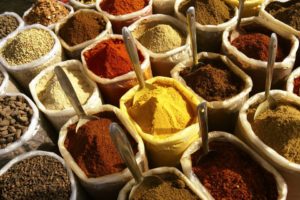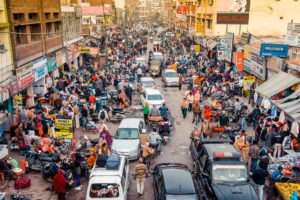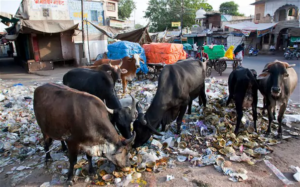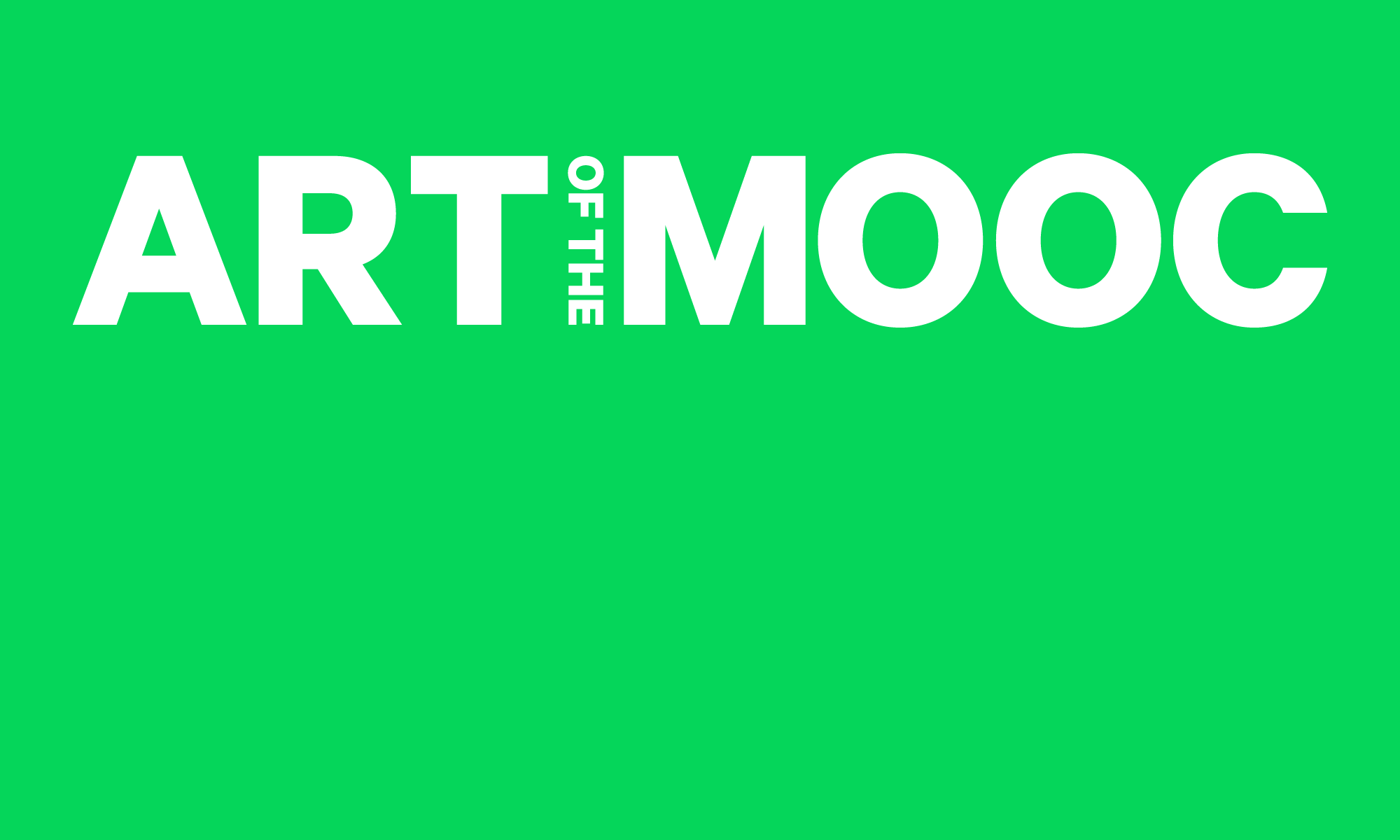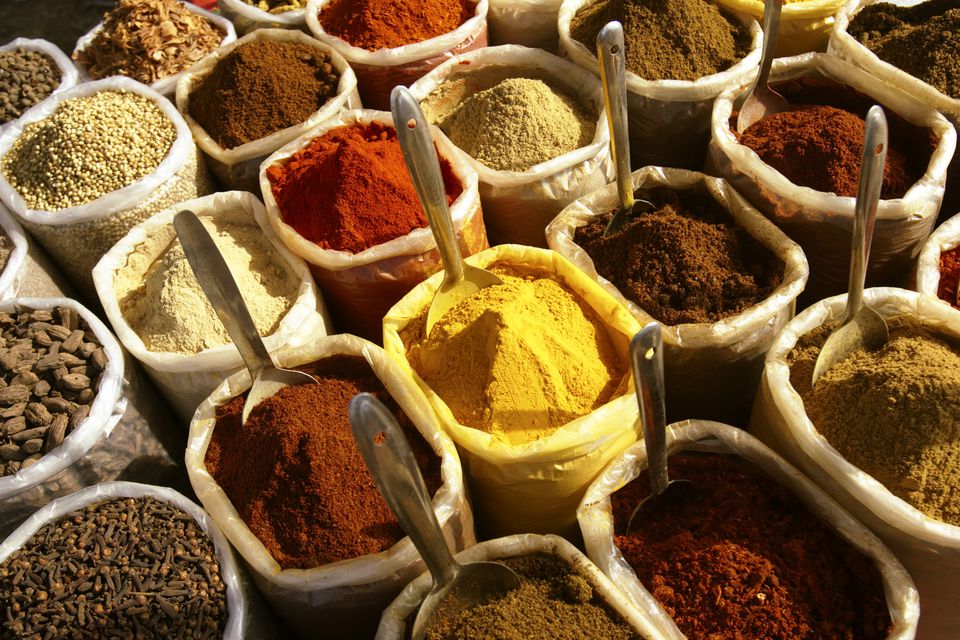One of the best ways of learning is through experience. Only so much can be communicated through words and then there is the issue of interpretation. Pictures and videos, as in the flipped classroom setting, have enhanced our ability to gain a deeper understanding of a topic when an educational experience is not available. If video and online lectures are considered art because they provide “radical education”, then experiences, which are much more educational, must be considered art.
In general this idea has manifested itself in our education systems through project based learning. However, the concept extends beyond our structured systems. Learning about other cultures is vital to understanding humanity and the path to respect of all individuals. Years ago, when cultures were even more unique, we had not developed the technology to travel long distances and cross seas. The ideas of the wheel, boat, train, and airplane were all radical during their time. These technologies foster cultural education at a higher level than ever before because it provides an experience, enabling immersion into a culture.
One of the most distinct cultures I have ever experienced is the Indian culture. Now, one can sit in a classroom all day and listen to lectures and read textbooks on the history, life, and culture of India, but as the discussed in the module, new technologies such as video and other media have the advantage of using visuals to aid learning. One can see what India is like, but what about how it feels, smells, tastes, and sounds? Hop on a plane and find out! No video will ever be able to replicate the complex spices of Indian cuisine, the feeling of crossing a street packed with cars, cows, rickshaws, and people, the combined smell of trash, food, sewer, and incense, and the melody of hectic sounds that fill the streets of India. Travel as a mode of radical education on today’s societies has become an art.
While these technologies help individuals learn about other cultures today, we still have no way of providing educational experiences about the past (besides re-enactment). Our drive for knowledge and desire for education will push us to continue to innovate and develop new technologies that help us better understand cultures and humanity in present day but also historically. Could this mean time travel!?
